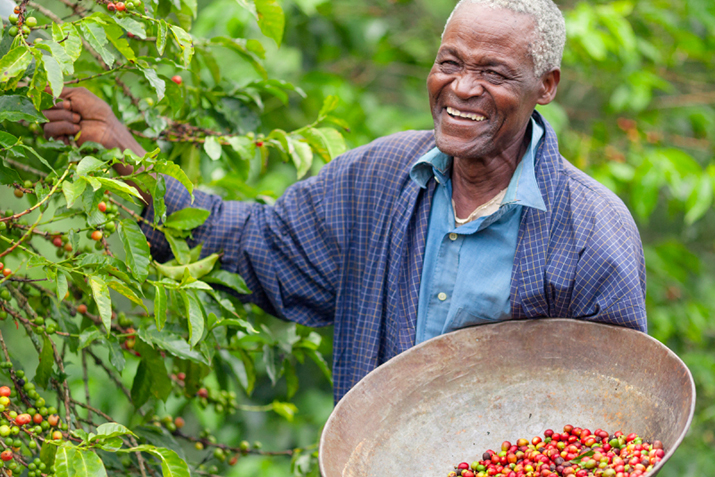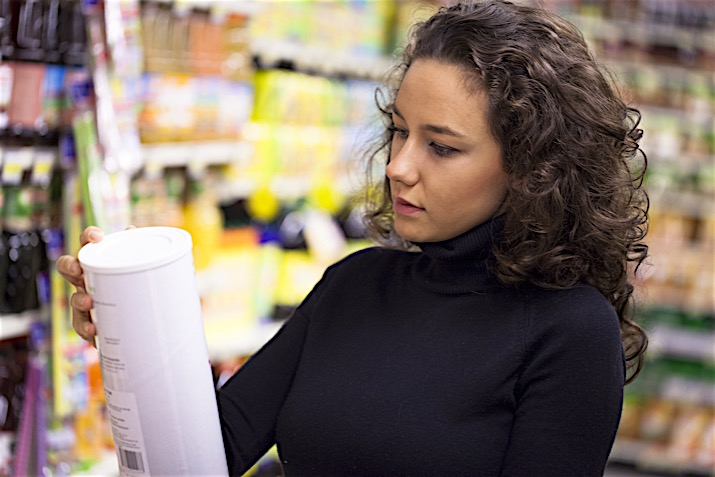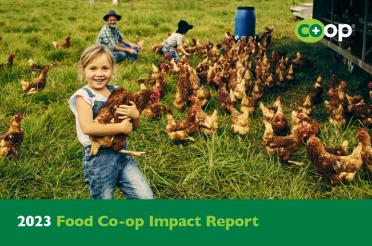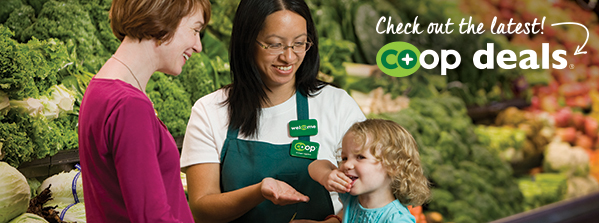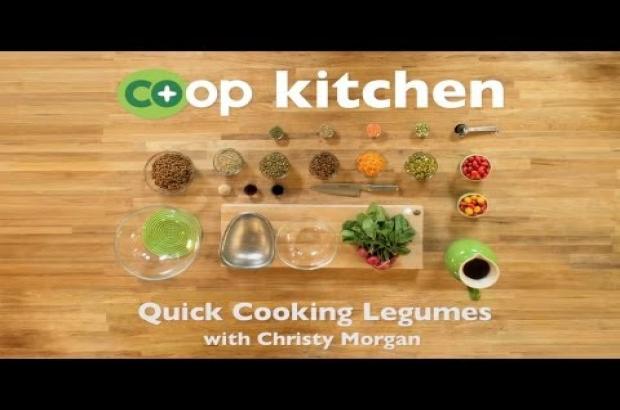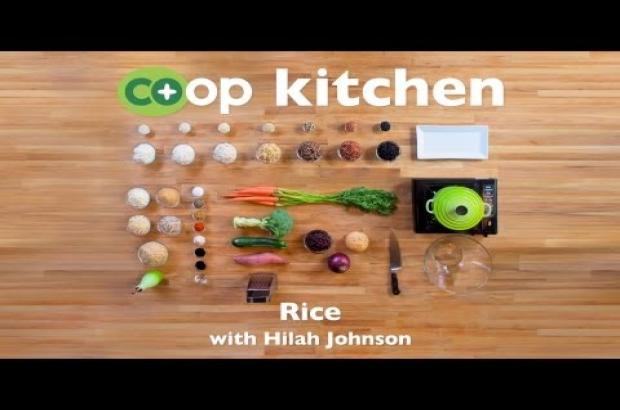Article
Pesticides

Pesticides are undeniably good at what they’re designed to do: protect crops from damaging infestation and disease. There are insecticides for protection from insects, herbicides to tackle weeds, fungicides for molds, and rodenticides for protection from—you guessed it—rodents.
Chemical pesticides can keep some foods more affordable than they might otherwise be, but they also come with a health and environmental cost. Chemical pesticides take a huge environmental toll, polluting air, water, and soil. And the scientific community is finding more and more health concerns linked to their use. Farm workers are at special risk due to regular contact with the chemicals. So are children, whose bodies absorb pesticides more easily and break them down less readily than adults, according to the National Academy of Sciences and the Environmental Protection Agency.
The good news is that there's plenty you can do to reduce your consumption of pesticides on foods:
- Choose organic. Look for the USDA Certified Organic label on foods. This ensures the food was grown without the use of pesticides.
- Ask questions about growing practices and the use of pesticides at the farmers' market and your local co-op. Most farmers and co-op staff are happy to discuss how their food has been grown or raised.
- Peel fruits and vegetables, or scrub them under running water. For produce that's hard to scrub (like broccoli), soak in water for a few minutes, then rinse well.
- You may want to consider the list of the fruits and vegetables most and least likely to be high in pesticides, according to the Environmental Working Group (see table).
- Trim excess fat off meat and the skin off poultry, as some pesticides are concentrated there. Pesticides can also be concentrated in dairy fats, so limiting fat content in dairy—particularly when not organic—can help minimize pesticide consumption.
- Eat a variety of foods—good nutritional advice, anyway—to limit consumption of the same pesticide.
- Grow your own food. Or join a Community Supported Agriculture (CSA) group that grows produce without the use of pesticides.
Environmental Working Group’s Produce Pesticide Guide
Most likely to be high in pesticides
- Strawberries
- Spinach
- Kale
- Nectarines
- Apples
- Grapes
- Peaches
- Cherries
- Pears
- Tomatoes
- Celery
- Hot Peppers
Least likely to be high in pesticides
- Avocados
- Sweet Corn*
- Pineapples
- Onions
- Papayas*
- Sweet Peas Frozen
- Mangos
- Asparagus
- Cauliflower
- Watermelon
- Sweet Potatoes
- Mushrooms
- Cabbage
- Honeydew Melon
- Kiwi
* May be grown with genetically engineered seeds.




